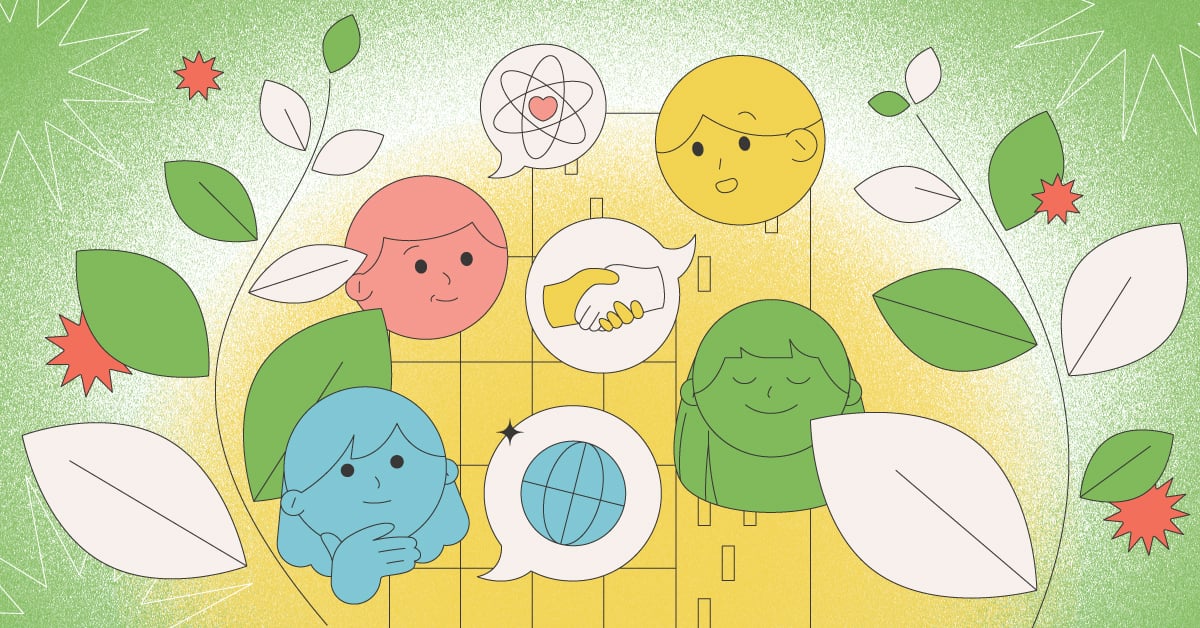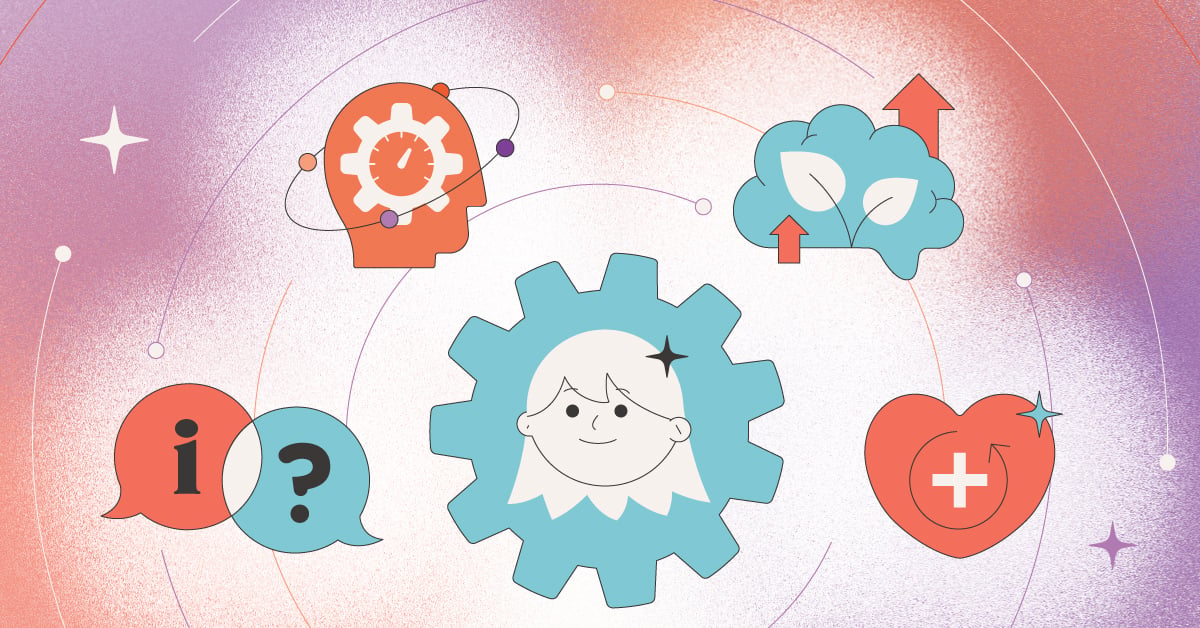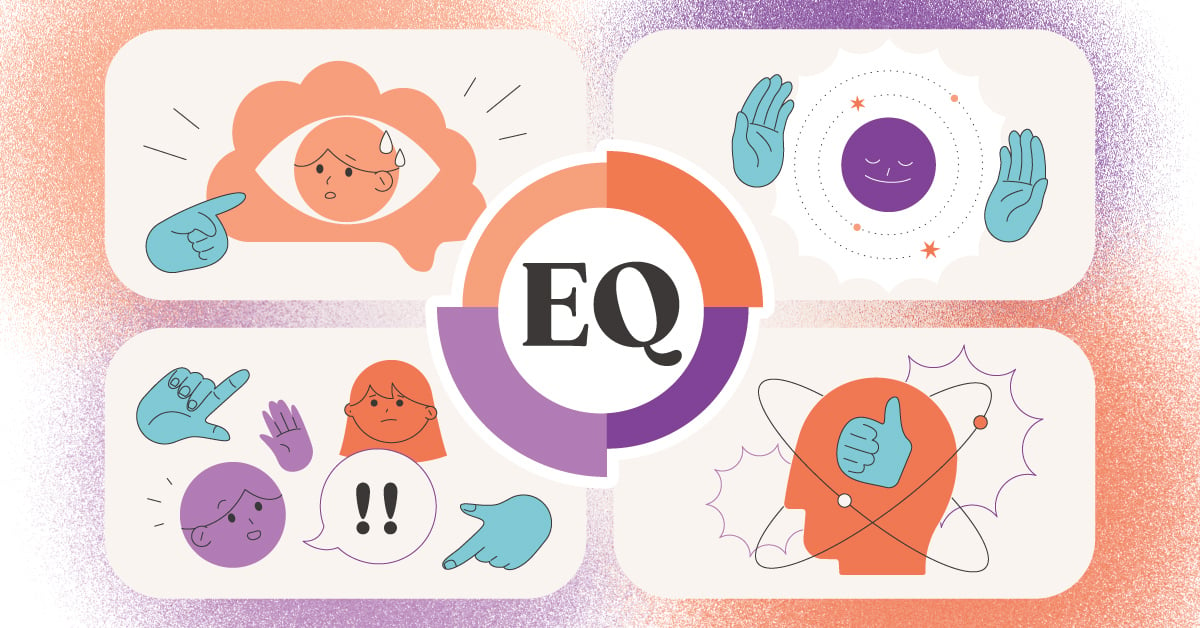
There’s a part of emotional discipline and intelligence that is key to leaders successfully creating collaborative outcomes. It would appear, from my experience with thousands of them in training and executive coaching sessions, to be the portion known as “self-management.”
Emotional intelligence is defined as the ability of individuals to recognize their own and other people’s emotions, to discriminate between different feelings and label them appropriately, and to use emotional information to guide thinking and behavior. Basically, it’s your “people” skills. The characteristics include self-awareness, self-regulation, motivation, empathy, and social skills. Daniel Goleman, a psychologist, developed the framework for it. Many organizations use assessments that measure your level of development in each of the skills. Studies show that emotional intelligence is a higher indicator of success, in many areas, than a person’s IQ. Here’s a nice article to compare the two for you.
Discipline is defined as: the practice of training people to obey rules or a code of behavior, using punishment to correct disobedience. Discipline used to be something that was coveted. The concept was honored and honorable. It still is when it applies to having a perfectly sculpted body. Everyone seems to want one of those these days and will go to great lengths to have one.
Emotional discipline, though, is something that we may not be focusing quite enough on right now and could be the missing key that unlocks the outcomes we to want achieve. The leaders I have coached and admired have emotional discipline, which I have found to mean that they don’t always do what they want to do, or say what they want to say when they want to say it. They don’t always react in anger when they have full justification to do so. They don’t do tasks when they feel like it, but rather when they have them scheduled to happen.
Leaders that possess emotional discipline have an impulse, quite frequently, to run the other way when the super tough decisions need to be made, and yet they don’t. They stand up when others sit down and they speak their truth in the face of criticism and sometimes serious consequences.
For those of you that are familiar with the DISC behavioral styles here are some ways that each type may fall short in this area:
Drivers – may have an impulse to over-confidently say exactly what’s on their mind, with little contemplation. They may speak from the “gut” and may not give consideration to how it lands on peers and team members.
Influencers – may have an impulse to avoid needed conversations and situations if they feel like they could result in a possible conflict, or deterioration of a relationship or a how much a person likes them.
Supporters - may have an impulse to hold back on their opinion or believe that their opinion isn't as important. They may also have an impulse to take all of the work onto themselves instead of burdening someone else which may sometimes lead to not delegating well.
Calculators - may have an impulse to NOT communicate instead of communicating. Calculators can sometimes be more comfortable in their office with "time to think" instead of seeking others' opinions.
When the rules of emotional discipline aren’t followed there are consequences for the leader, their team and their organization. They might include and certainly aren’t limited to their team losing respect and trust in them. A lack of emotional discipline may lead to lackluster results because a leader did what they felt like doing in meetings and during important interactions with others, rather than calling out unproductive behaviors. Maybe customer centric standards aren’t kept because it’s easier to overlook poor performance than it is to inspire excellence every day.
Here are some things to discuss with your team this week:
- In which areas of their work do they feel they are exhibiting strong aspects of emotional discipline? Do they hit deadlines regardless of the pain they will feel or obstacles they are facing within themselves or others?
- In which areas of their work do they need a higher level of emotional discipline? Do they need to lean into meaningful conversations that can move themselves and the team forward rather than leaning away because it’s more comfortable and familiar?
- Where do team members need help in being more disciplined? Is it hard for them to get fired up in the morning and do the toughest tasks they need to get done, first? Who can help motivate them and keep them on track?



